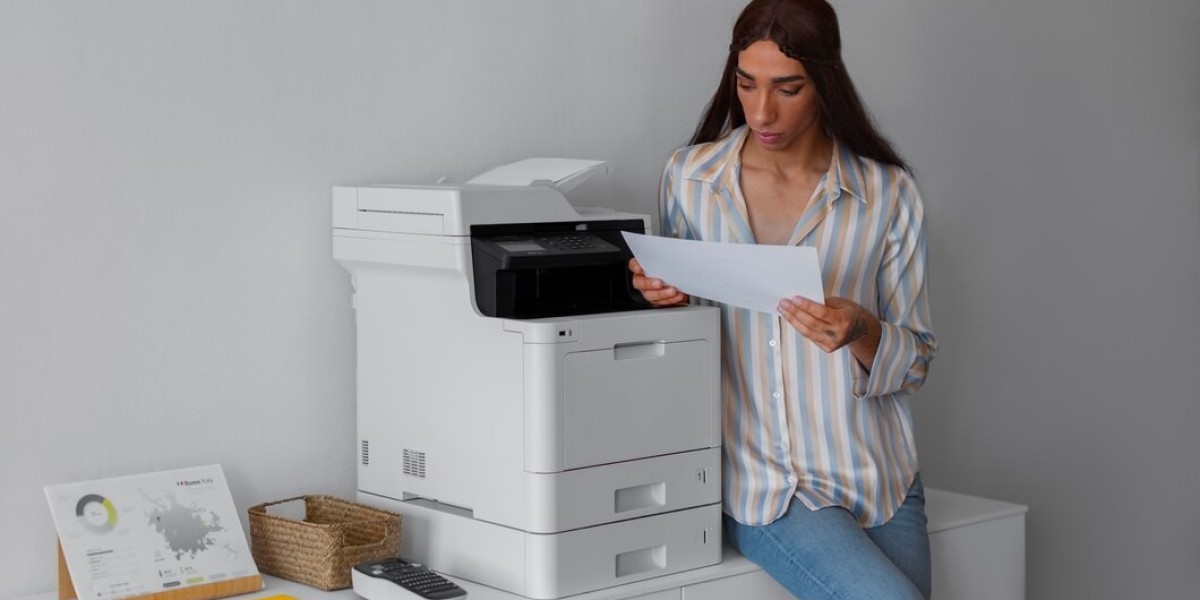In today’s fast-paced corporate and commercial environments, maintaining a clean, organized, and well-managed workspace is essential for productivity, employee well-being, and overall business efficiency. Housekeeping Facility Management Servicesplay a critical role in ensuring that organizations meet hygiene, safety, and operational standards. From routine cleaning to waste management and sanitization, these services create a seamless work environment that fosters efficiency and enhances brand reputation.
The Importance of Housekeeping Facility Management Services
A well-maintained and hygienic workplace is vital for several reasons:
Health and Hygiene: Regular cleaning and sanitization reduce the spread of germs and illnesses, ensuring a safe and healthy environment for employees and visitors.
Employee Productivity: A clean and clutter-free workspace enhances focus, efficiency, and motivation, leading to higher levels of productivity.
Compliance with Regulations: Many industries must adhere to strict hygiene and safety regulations. Proper housekeeping services ensure compliance and help avoid legal issues.
Enhanced Brand Image: A well-maintained office or commercial space leaves a positive impression on clients, partners, and stakeholders.
Safety and Risk Management: Housekeeping services play a crucial role in minimizing workplace hazards by ensuring that floors, corridors, and workstations remain clear of debris and obstructions.
Core Components of Housekeeping Facility Management Services
Housekeeping Facility Management Services encompass various essential functions designed to maintain cleanliness and order. These include:
1. Daily Cleaning Services
Routine cleaning tasks ensure that workspaces remain fresh and presentable. These services include:
Sweeping, mopping, and vacuuming floors
Dusting and wiping surfaces, furniture, and fixtures
Window and glass cleaning
Restroom maintenance and sanitization
Disposal of trash and recyclables
2. Deep Cleaning and Sanitization
To maintain a high standard of hygiene, deep cleaning is performed periodically. This includes:
Carpet and upholstery cleaning
Floor polishing and treatment
Disinfection of common areas and workstations
Pest control measures
3. Waste Management Services
Proper waste disposal is crucial for maintaining a clean and sustainable workplace. Housekeeping facility management includes:
Collection and segregation of waste
Recycling initiatives
Safe disposal of hazardous materials
4. Pantry and Cafeteria Services
A clean and well-maintained pantry or cafeteria contributes to employee satisfaction and hygiene standards. Services include:
Cleaning kitchen areas, countertops, and appliances
Managing food waste and ensuring proper disposal
Restocking essentials like tea, coffee, and utensils
5. Restroom Hygiene Maintenance
Maintaining clean and odor-free restrooms is a top priority for any facility. Housekeeping staff ensures:
Regular cleaning and disinfecting of toilets, sinks, and urinals
Replenishing toiletries such as hand soap, tissues, and sanitizers
Odor control and air freshening
6. Floor and Surface Maintenance
Different types of flooring require specialized care. Housekeeping facility management covers:
Marble and tile polishing
Carpet shampooing
Hardwood floor maintenance
Anti-slip treatments
7. Specialized Cleaning for Sensitive Areas
Certain industries, such as healthcare and manufacturing, require stringent hygiene standards. Housekeeping services for specialized areas include:
Hospital and clinic cleaning
Cleanroom and laboratory maintenance
Industrial and warehouse sanitation
8. Green Cleaning Practices
Sustainability is an essential component of modern facility management. Eco-friendly housekeeping services include:
Use of biodegradable and non-toxic cleaning agents
Energy-efficient cleaning equipment
Implementation of water-saving techniques
The Role of Technology in Housekeeping Facility Management
Technology is revolutionizing housekeeping facility management services, making them more efficient and effective. Some of the latest innovations include:
Smart Sensors and IoT: Automated sensors help monitor cleanliness levels and indicate areas that need attention.
Robotic Cleaning Solutions: AI-driven cleaning robots enhance efficiency and reduce manual labor.
Cloud-Based Management Systems: Digital platforms enable real-time monitoring, scheduling, and reporting of housekeeping tasks.
Touchless Hygiene Solutions: Automated soap dispensers, sanitization stations, and sensor-based restroom management enhance hygiene and user experience.
Benefits of Outsourcing Housekeeping Facility Management Services
Many businesses choose to outsource their housekeeping facility management to professional service providers. The key benefits of outsourcing include:
Expertise and Experience: Professional housekeeping companies have trained staff and access to the latest cleaning techniques and equipment.
Cost-Effectiveness: Outsourcing eliminates the need for in-house cleaning staff, reducing payroll and operational costs.
Consistent Quality: Service providers follow standardized procedures, ensuring consistent cleanliness and maintenance.
Scalability: Housekeeping services can be scaled up or down based on business needs, allowing flexibility in operations.
Compliance and Safety Assurance: Outsourced housekeeping providers ensure adherence to safety regulations and industry-specific hygiene standards.
How to Choose the Right Housekeeping Facility Management Provider
Selecting the right housekeeping service provider is crucial for maintaining a clean and efficient workspace. Consider the following factors:
Reputation and Experience: Look for a provider with a strong track record and industry expertise.
Range of Services: Ensure the provider offers comprehensive housekeeping solutions tailored to your business needs.
Quality Assurance Measures: Check for quality control protocols and feedback mechanisms.
Sustainability Commitment: Opt for providers that follow eco-friendly and sustainable cleaning practices.
Technology Integration: Providers that use advanced cleaning technologies offer enhanced efficiency and effectiveness.
Future Trends in Housekeeping Facility Management
The housekeeping facility management industry is evolving with emerging trends that focus on efficiency, sustainability, and automation. Some key trends include:
Increased Use of AI and Robotics: Automation is enhancing the efficiency of housekeeping operations.
Green Cleaning Initiatives: Businesses are adopting eco-friendly cleaning solutions to reduce their environmental impact.
On-Demand Housekeeping Services: Flexible, on-demand cleaning services are becoming popular, allowing businesses to request services as needed.
Focus on Employee Wellness: Housekeeping services are integrating wellness-focused solutions, such as air purification and ergonomic cleaning practices.
Conclusion
Housekeeping Facility Management Services by Nouvelare essential for maintaining a clean, safe, and efficient work environment. Whether through routine cleaning, waste management, or deep sanitization, these services contribute to overall business success. By leveraging technology, sustainability initiatives, and expert service providers, organizations can ensure a high standard of hygiene and operational excellence. As the industry continues to evolve, businesses must stay updated with the latest trends and innovations to optimize their housekeeping strategies effectively.









